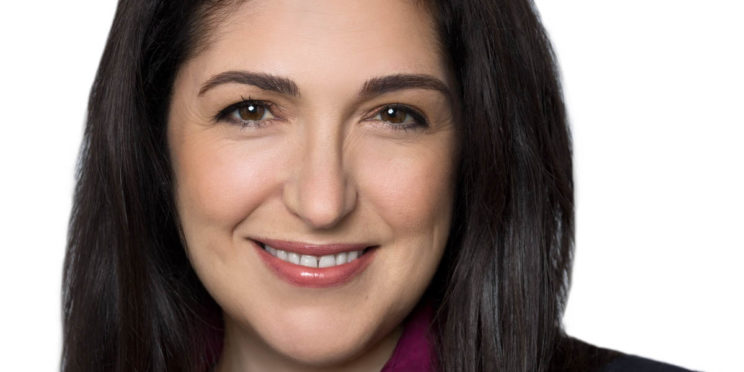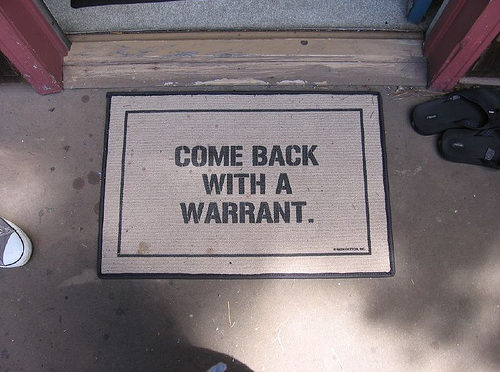The concept of “informed consent,” including “informed written consent,” is one of the most important—and frequently referenced— terms in the California Rules of Professional Conduct (CRPC). It appears in twelve different rules, including: CRPC 1.2 (Scope of Representation and Allocation…
Referral Fees: Front and Center
The recent California Rules of Professional Conduct (“CRPC”), effective November 1, 2018, introduced some needed clarity regarding fee splitting amongst lawyers who are not in the same firm. Prior Rule 2-200(A) prohibited an attorney from splitting a fee with another…
Legal ethics in negotiating
In litigation and transactional work, negotiations with another party’s counsel are inevitable. The better the picture you can paint of your client’s position, the better the resolution you might obtain. However, new Rule 4.1 of the California Rules of Professional…
Legal Ethics: New Rule 1.15 and Safekeeping of Funds, Explained
New California Rules of Professional Conduct (“CRPC”), Rule 1.15, sets forth an attorney’s duties regarding safekeeping of funds and property of clients and other persons. For most attorneys, this Rule will be most relevant regarding management of an…
Duties to Former Clients and Termination of Representation Under the New Rules of Professional Conduct
New California Rules of Professional Conduct (“CRPC”), Rule 1.9, describes an attorney’s duties to a former client and is divided into three categories. Subsection (a) prohibits a lawyer who represented a client from representing another person in the same…
How to Get Paid By Someone Other Than the Client Under The New Rules of Professional Conduct
Under former Rule of Professional Conduct 3-310, subdivision (F), an attorney could not “accept” compensation from one other than the client unless: “(1) There is no interference with the member’s independence of professional judgment or with the client-lawyer relationship;…
New Attorney Duties When Going To Mediation
On top of the new and revised Rules of Professional Conduct that went into effect on November 1, 2018, if you go to mediation on or after January 1, 2019, you must comply with Evidence Code section 1129. I mediate…
Ethical Walls Are Not a Panacea for Imputation of Conflicts Under New Ethics Rules
Effective November 1, 2018, California’s new rules of professional conduct now address imputation of conflicts of interest and permit ethical screening to avoid imputation under certain circumstances. New rule 1.10 incorporates imputation concepts that are currently addressed in California case…
Legal Ethics Corner: New Rule of Professional Conduct 1.4 Regarding Communication with Clients
On May 10, 2018, the California Supreme Court adopted sweeping changes to the California Rules of Professional Conduct (“CRPC” or “Rules”). These changes will go into effect on November 1, 2018. One Rule that will change significantly is CRPC 3-500…
Time To Refresh Your Conflicts Check Procedures
You are a partner in a mid-sized firm. A conflicts check clears before your meeting with prospective client Alice. The meeting is productive and you agree to represent Alice in litigation. During a partner meeting a few weeks later, you…
No Time to Waste: New Ethics Rules Effective November 1, 2018
Beginning November 1, 2018, every California attorney will be required to conduct themselves in accordance with 69 new rules of professional conduct, replacing the 46 rules we currently must follow. Lawyers and law firms have only a few months to…
The Privilege and Execution of Search Warrants on Law Offices
The April 2018 raid on the law office of President Trump’s attorney Michael Cohen provides occasion to examine ethical duties to maintain client confidences and California procedures for protecting privileged information in attorney files. In the Cohen matter, the federal…













